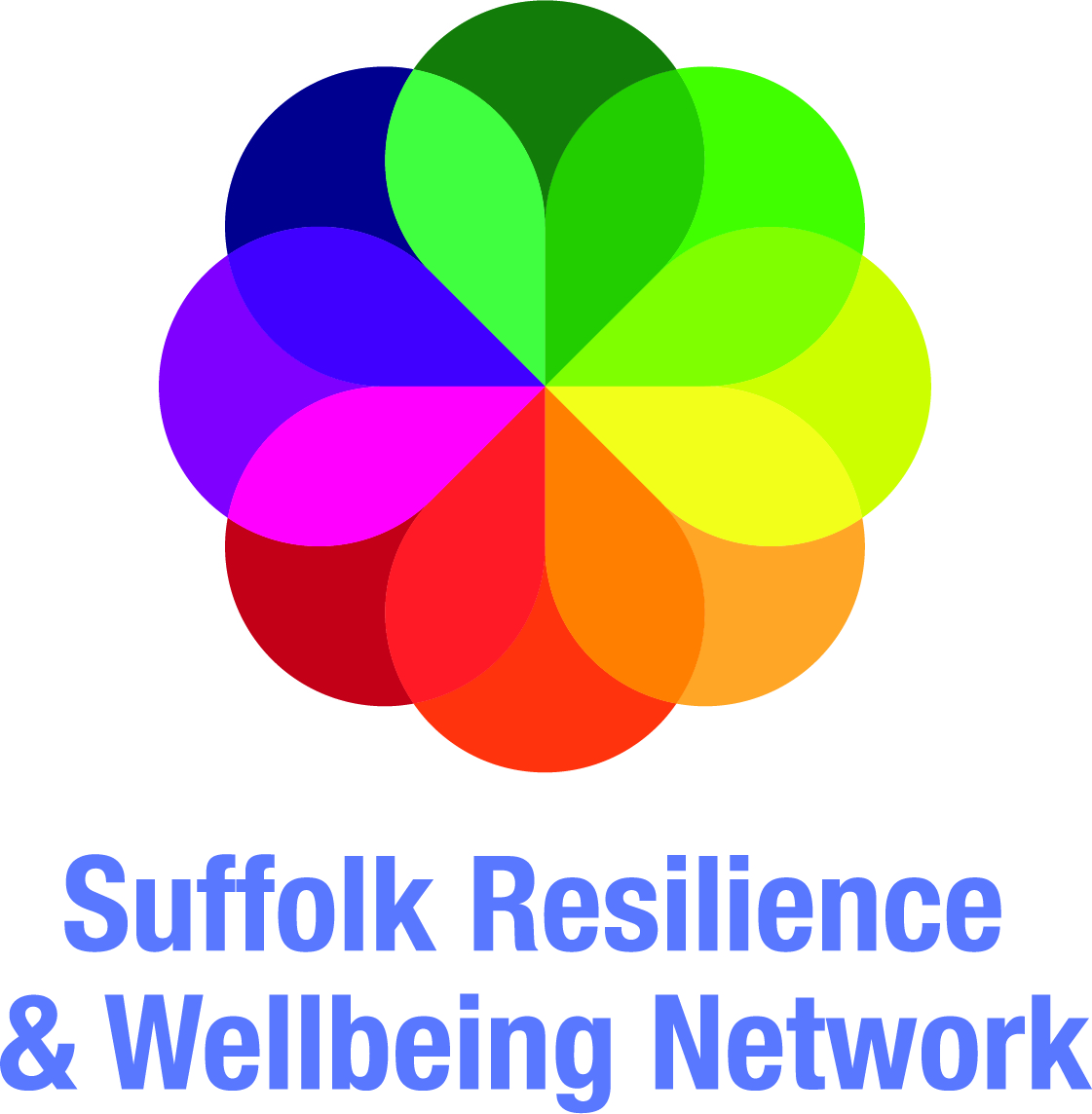- Need to have a clear offer
- Strong communication and engagement
- Demonstrable impact
- Consistent collaboration.
#696
Resilience and Wellbeing Hubs
A local system of professionals based in educational establishments who are trained and equipped to identify needs and provide support for mental health and wellbeing for young people and staff.
Audience
Head Teachers / School Leaders, Pastoral and Support Staff, School Teachers, Settings & Early Years PractitionersAimed at
Early Years Foundation Stage, KS1, KS2, KS3, KS4, KS5, WorkforceOutcome
Inclusion and SEND, Mental Health and WellbeingWhy was the project needed?
All children and young people should be able to enjoy good mental health and resilience, allowing them to be as productive as possible whilst in education and, therefore, productive. The Hubs were needed to improve the availability of mental health support as demand was outstripping supply. Educational establishments needed to be enabled to provide support and prevention at an early stage, the hubs are educational establishment led and, therefore, are more able to understand needs of the establishments themselves and, more importantly, the children and young people within them. Over time this should help reduce the number of young people who need formal mental health interventions.
What happened and what was the impact?
We asked for expressions of interest from educational establishments who wanted to run a hub, we were able to offer a wide range of specialisms and offers of support. We received an overwhelming response and were able to partner with many different educational establishments across a range of phases. This allowed us to create the following specialist hubs:
- Early Years Resilience
- Wellbeing for Educators
- Trauma Informed Schools Supervision
- Medical Needs in School
- Thrive
- Supporting Wellbeing & Emotional Resilience through Learning (SWERL)
The six hubs work collaboratively as a network delivering support, training and resources to schools and settings; enabling support using the same approach, sharing best practice and lessons learned across the area.
Each hub is developing a sustainability plan to ensure they can continue under a self-funding model.
What did and didn't work?
Of particular note is the increase in partnership working especially cross-phase, improvement in the awareness of different approaches and a noticeable reduction in referrals for children and young people. The growing networks have facilitated increased cross-phase collaboration alongside the individual hubs working together on similar themes. New schools are adopting new approaches, and existing schools are developing their practice further and sharing their knowledge and understanding more readily.
As with so much of our work, the COVID-19 pandemic has taken its toll on the effectiveness of this project. Staff shortages and hybrid working has meant that we have seen reduced capacity in some schools and settings to engage with the Hubs. There has been less scope in terms of staff availability to adopt and adapt new approaches despite there being a clear desire from the school/setting to do so.
How did you measure success?
Each network has received very positive feedback from mangers and senior leadership team members; they have noted an improvement in the confident delivery of approaches.
Ultimately, we expect to see a continued and sustainable reduction in referrals for specialist support – this will take time.

Wisdom
Ingredients For Success
How is the Project Sustainable
As mentioned above, the individual hubs are developing long-term sustainably plans with a view to allowing them to develop self-funding models.
What are the Long Term Impacts
We have already seen a marked reduction in the number of children and young people being referred for formal mental health interventions. We expect that this reduction will continue as the approaches and support mechanisms are rolled out more widely.
Area Most Impacted
Mental Health Wellbeing
Next steps to do something similar yourself
These are a list of Big Idea resources that you can use to implement in your setting:
Find out More about the Suffolk Resilience and Wellbeing Network here:
Read the EEF Guidance Report on Social and Emotional Learning here
Read the EEF Guidance Report on Putting Evidence to Work here
Read the EEF Guidance Report on Improving Behaviour here
Read the EEF Guidance Report on SEND in Mainstream Schools here

If you've got any thoughts and ideas of how this approach could be improved or an positive impact it's had for you, add them below
Login or register now to post any comments